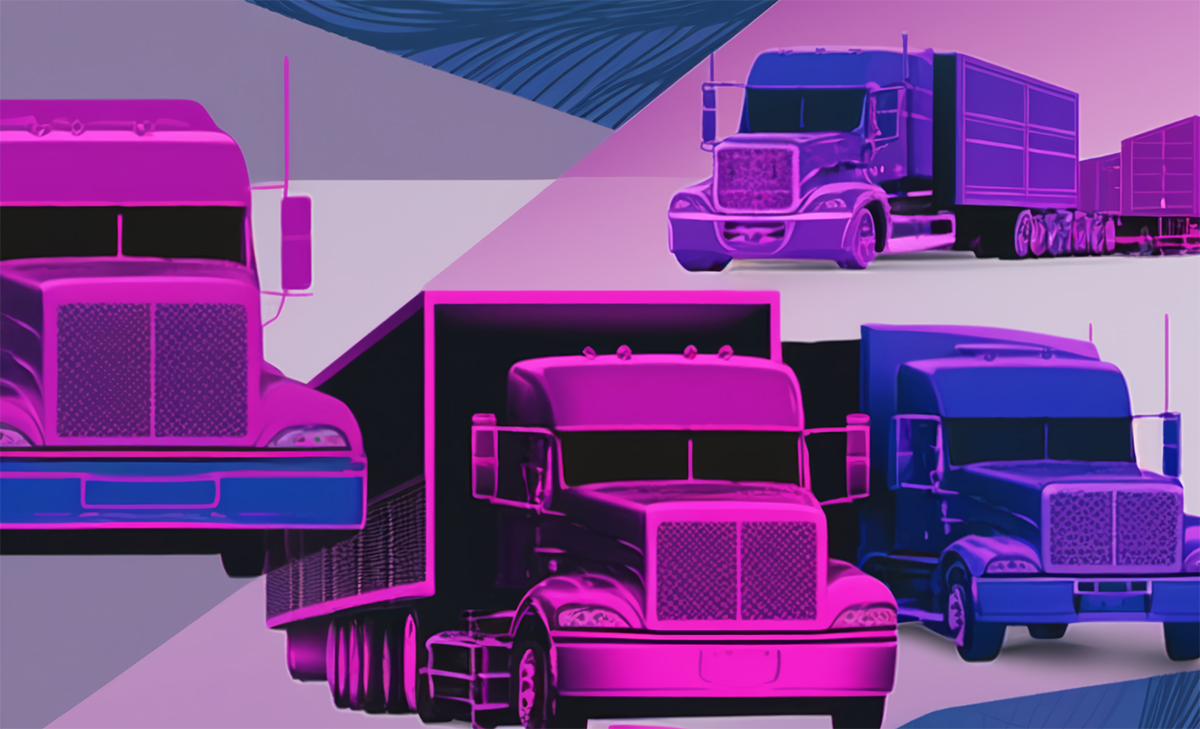With the Federal Motor Carrier Safety Administration‘s (FMCSA) proposals for altering the categories of trucking crash types, concerns have been raised regarding the protection of truckers’ safety records. At Cover Whale, we are committed to enhancing trucking safety and fairness for fleets and owner-operators. That’s why our Driver Safety Program harnesses powerful, AI-enabled telematics technology to offer our policyholders a comprehensive safety solution that also helps protect them from spurious claims. As a trusted provider of innovative insurance solutions for the trucking industry, we are committed to promoting the safety and well-being of our professional drivers.
As highlighted in a recent FreightWaves article, the FMCSA has put forth proposals to adjust the categorization of crash types in the trucking industry with the aim of creating a more accurate and detailed accident reporting process. They’re planning to alter the existing 16 crash types classifications that currently accept Requests for Data Review (RDRs) and introduce an additional four categories. The core objective of these modifications is to more effectively pinpoint non-preventable accidents in the context of the Crash Preventability Determination Program (CPDP).
Although the proposed amendments garnered approval from some industry stakeholders, certain parties – including the Owner-Operator Independent Drivers Association (OOIDA) – contend that the FMCSA ought to implement more robust measures to safeguard truckers’ safety records. Principle concerns encompass drivers or carriers bearing the responsibility for establishing a crash’s non-preventability, which consequently compels them to adopt supplementary roles such as accident investigators, evidence gatherers, and documentation reviewers.
We concur that the current system forces professional drivers and carriers to go through unnecessary hurdles in determining crash responsibility. Therefore, we support OOIDA’s call for transferring the burden of deciding crash preventability to the FMCSA in order to ensure fair treatment for all industry drivers.
But in the absence of this change, Cover Whale is taking action to help truck drivers tackle the challenges they face in accident reporting.
Cover Whale’s Driver Safety Program: An Ally in the Fight for Fair Accident Reporting
Cover Whale is fully aware of the concerns raised within the industry and is committed to actively backing our drivers as they navigate a challenging accident-reporting process. The dashcams provided as part of our Driver Safety Program don’t just serve a crucial function in accident prevention, they can also be of use in the event of an accident.
Cover Whale’s Driver Safety Program Provides Drivers with Video Evidence
By employing dashcam footage, drivers have the ability to present unambiguous evidence during the crash determination process. This assists in absolving drivers when accidents aren’t their fault, contributing to a more equitable and precise reporting system.
Cover Whale Aids Truck Drivers in Accident Reporting
Navigating the intricate accident reporting procedures can be daunting for drivers. The Driver Safety Program by Cover Whale supports them at every stage – from the collection and arrangement of essential documents to the submission of Requests for Data Review (RDRs) with the FMCSA.
Cover Whale is Enhancing Trucker Safety and Skills
The program provides training, coaching, and telematics solutions that enable drivers to develop their skills, reduce accident risks, and uphold a commendable safety record. In addition to helping them prevent potential accidents, the additional coaching they receive as part of our Driver Safety Program—far and away more than what is required by law—can be used to bolster their case during crash determinations, ensuring truck drivers receive fair treatment.
In addition to accident prevention, dashcams supply objective evidence that drivers can utilize to bolster their case during crash determinations. This important information contributes to fostering just and impartial decision-making that accurately depicts the driver’s responsibility while showcasing their adherence to safety regulations.
Conclusion
Cover Whale is dedicated to providing our professional drivers with the resources, support, and expertise necessary for success and growth in a safer trucking industry. We will continue to advocate for fairness in crash reporting and believe that by working together, we can achieve a more reliable, transparent, and practical process beneficial to all professional drivers, motor carriers, and the trucking industry as a whole.
As we continue to invest in the future of trucking safety, Cover Whale envisions a stronger industry collaboration where telematics and driver safety coaching will create a safer, more efficient, and more equitable trucking environment for all professional drivers.

